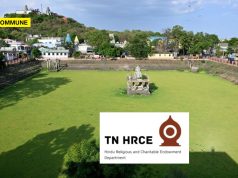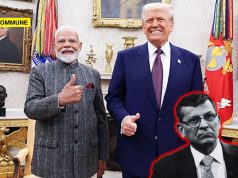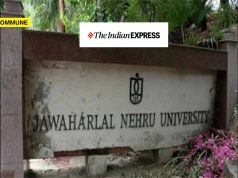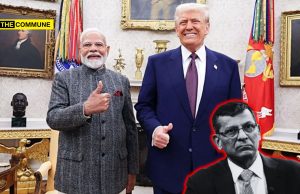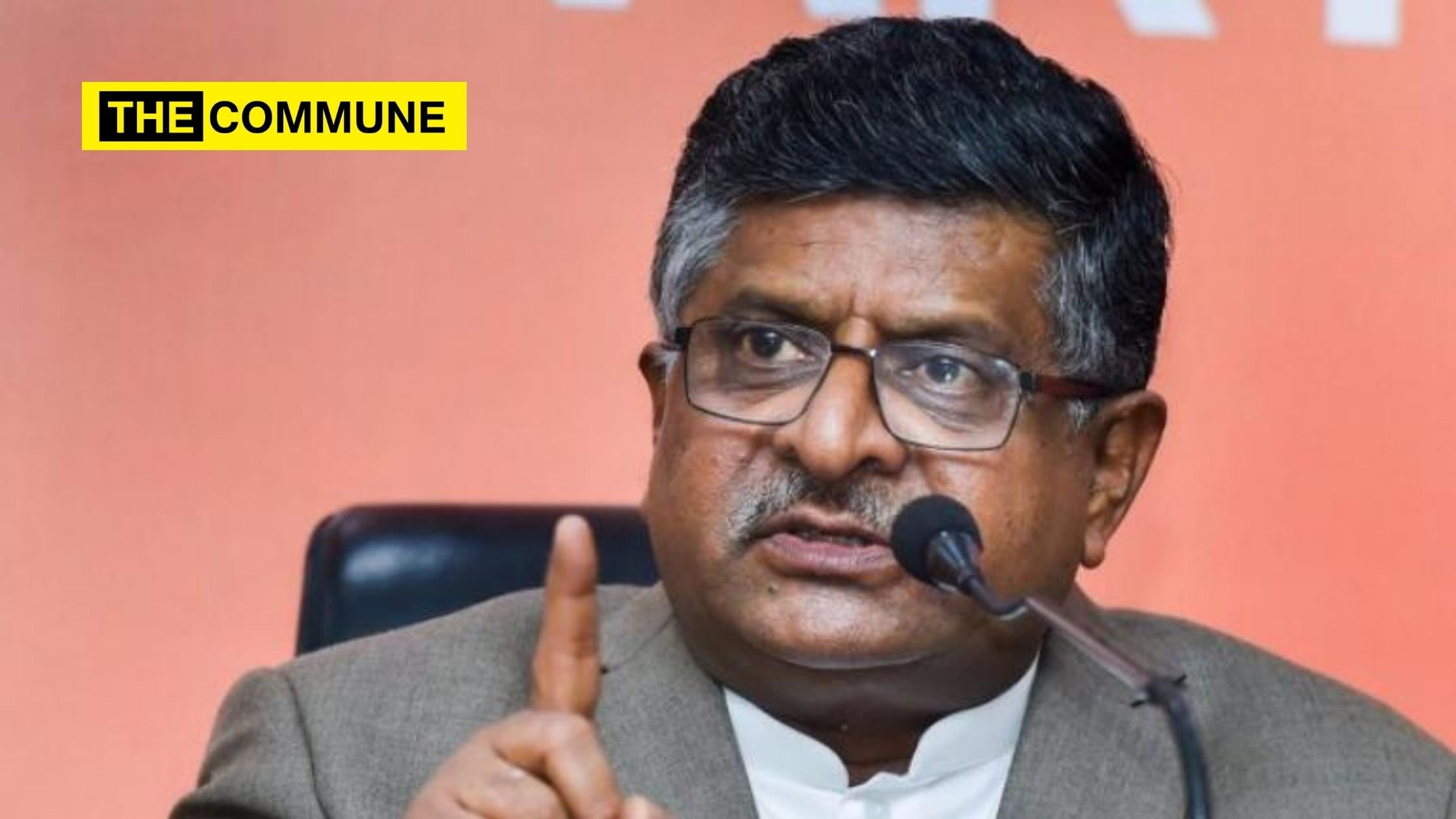
Union Law Minister Ravi Shankar Prasad in response to a question in the Rajya Sabha today said that as per the Constitution of India and Indian statute, Hindu persons eligible for reservation benefits, like those belonging to Scheduled Castes, cannot avail the same benefits if they convert to Christianity or Islam.
Speaking on eligibility, Prasad said, “Para 3 of the Constitution (Scheduled Castes) Order outlines that… no person who professes a religion different from Hindu, Sikh or Buddhist religion shall be deemed to be a member of a Scheduled Caste.”
The Law Minister was responding to a question that was raised by BJP member G V L Narasimha Rao.
To understand the historicity of the reservation, in 1950, the Nehru government passed an order restricting the definition of “scheduled caste” only to members of the Hindu faith. However, it was later extended to Sikhs in 1956 and to Buddhists in 1990 because they are seen as an extension of the Sanatana Dharma.
Previously, the Supreme Court in a 2015 ruling had said, “Once such a person ceases to be a Hindu and becomes a Christian, the social and economic disabilities arising because of Hindu religion cease and hence it is no longer necessary to give him protection and for this reason he is deemed not to belong to a scheduled caste.”
The Court, citing the doctrine of eclipse mentioned in the Kailash Sonkar vs. Maya Devi case, said “when a person is converted to Christianity or some other religion the original caste remains under eclipse, and as soon as during his/her lifetime the person is reconverted to the original religion the eclipse disappears and the caste automatically revives.”
The other important ruling the court made was that if the person whose ancestors belonged to a caste categorized as a scheduled caste, chose to return back to the Indic faiths from Christianity or Islam, they will be entitled to reservation benefits. However, in reality, the above mentioned restriction is easily bypassed.
While the Minister has stated what is in existence as per Constitution and other statutes, things on the ground are very different. Large numbers of Christians, claiming themselves to be members of the Scheduled Caste community, have been cornering reservations meant for Scheduled Castes.
For instance, in September 2020, investigations conduction by Legal Rights Protection Forum found that 70% of the 29,841 Christian pastors, who received one-time government honorarium of ₹5,000 through the Disaster Relief Fund, hold Scheduled Caste / Other Backward Caste certificates illegally.
Comparing the Census data of 1971 and 2011, it was found that while there is a huge jump in population of SCs, there is sharp decline in number of Christians. LRPF noted that this is possible only when large numbers of Christians have started declaring themselves as Hindu-SCs and obtaining relevant community certificates enabling them to illegally corner all the benefits designed to uplift the livelihood of SCs.
The state of Tamil Nadu too is a hub of Christian evangelism where missionaries lure Dalits and convert them to Christianity. Recently, a Christian pastor from Tamil Nadu ‘Bishop’ Godfrey Noble claimed that Christians make up 35% of the population in the state.
“Officially Christians make up 7% of the population. It is said that this has gone up to 12% now. But in reality, Christians are 35% of the population. You may ask how.. there are so many Dalits who have converted to Christianity. Apart from the Christians present in Tirunelveli, Thoothukudi, and Kanyakumari, across India, Christians are Dalits who got converted. Since after conversion, they do not get benefits meant for Scheduled Caste as they get shifted to BC (Backward Community), close to 91% of the converts declare themselves as Hindus in government records to enjoy those benefits”, the Christian pastor had said.
Hopefully, the response by the Law Minister will be a hammer blow to organizations and individuals engaged in conversions.
Click here to subscribe to The Commune on Telegram and get the best stories of the day delivered to you personally.

